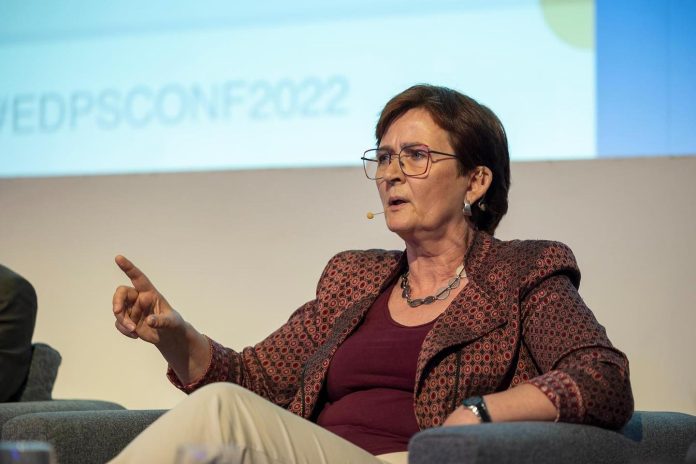A decision of the EU Council to grant Croatia Schengen area membership and deny it, again, to Romania and Bulgaria would create numerous frustrations for Romanian and Bulgarian citizens, which could be followed and political issues, German MEP Birgit Sippel, coordinator of the S&D group in the European Parliament’s Committee on Civil Liberties, Justice and Home Affairs (LIBE), told Agerpres.
Sippel referred to the Romania and Bulgaria’s accession to the Schengen area, before a non-legislative resolution on this topic was submitted to the vote of the MEPs, in plenary session, on Tuesday.
Birgit Sippel stated in her statement to Agerpres that the group she is a part of, but also the Parliament as a whole, continues to affirm that the respective criteria for joining the Schengen Area have been met since 2011. She added that the S&D group now hopes, considering the existing proposal on Croatia’s accession, that the Member States will agree to the accession to the Schengen Area of all three countries – Croatia, Romania and Bulgaria.
She wanted to specify that the accession to the Schengen Area must be decided strictly on the basis of meeting the existing criteria. Asked which countries are blocking such a decision in the Council, the S&D MEP replied that she heard about the Netherlands and another country, but she is not sure which one. She voiced her hope that an agreement can be reached in the end, given that only one or two countries are concerned.
The S&D Group in the European Parliament submitted, alongside five other political groups (EPP, Renew, Greens, ECR and Left), a proposal for a resolution urging the Council to take all the necessary measures to adopt its decision on the full application of the provisions of the Schengen acquis in Bulgaria and Romania, by the end of 2022, thus ensuring the elimination of controls on people at all internal borders for both states at the beginning of 2023.
Agerpres




